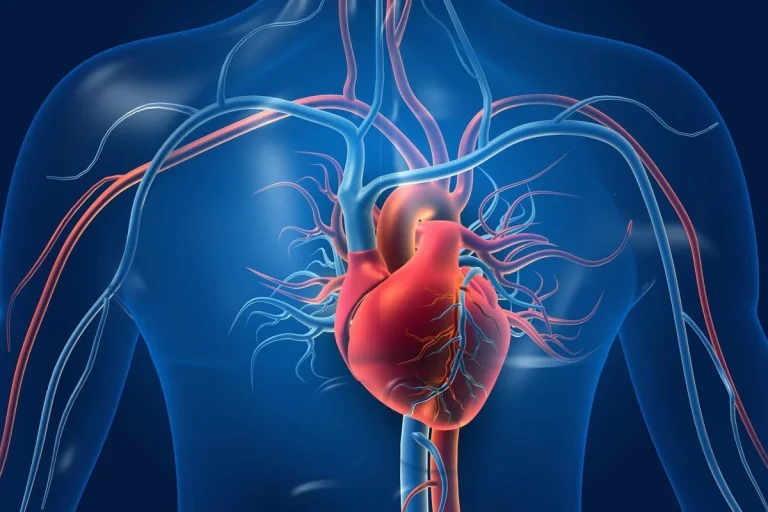Introduction
Allergies are a common health concern that affects millions of people worldwide. An allergy is an abnormal immune response to substances that are typically harmless to most individuals. These substances, known as allergens, can trigger various allergic reactions, ranging from mild discomfort to severe, life-threatening situations. In this comprehensive guide, we will explore the different aspects of allergies, including their types, symptoms, causes, and effective management strategies. Explore deeper understanding of allergies.
Types of Allergies
Allergies come in various forms, and it is essential to identify the specific type to manage the condition effectively. Some common types of allergies include:
- Seasonal allergies, also known as hay fever or allergic rhinitis, arise from pollen released by plants during specific seasons. Symptoms may include sneezing, runny nose, itchy eyes, and congestion.
- Food Allergies: Food allergies result from the body’s immune response to particular proteins present in certain foods. Common food allergens include nuts, shellfish, eggs, dairy, and wheat. Symptoms range from mild skin rashes to severe anaphylaxis.
- Drug Allergies: Certain medications can trigger allergic reactions in some individuals. These reactions may range from skin rashes to more severe symptoms like difficulty breathing and swelling.
- Insect Sting Allergies: For some people, insect stings from bees, wasps, hornets, or fire ants can lead to allergic reactions. These reactions can be life-threatening and require immediate medical attention.
- Pet Allergies: Pet dander, saliva, or urine can cause allergic reactions in susceptible individuals, leading to symptoms like sneezing, coughing, or skin rashes.
Common Symptoms of Allergies
Allergic reactions can manifest in a variety of ways, and the severity of symptoms may vary from person to person. Some common symptoms of allergies include:
- Sneezing
- Runny or stuffy nose
- Itchy or watery eyes
- Skin rashes or hives
- Swelling of the face, lips, tongue, or throat
- Shortness of breath or wheezing
- Nausea and vomiting
- Abdominal pain or cramps
If you experience severe allergic reactions, such as difficulty breathing or swelling of the face and throat, seek immediate medical attention, as these could be signs of anaphylaxis.
Causes of Allergies
Allergies occur when the immune system mistakenly perceives harmless substances as harmful, leading to an immune response. The exact cause is unknown, but factors include:
- Genetics: A family history of allergies increases the likelihood of an individual developing allergies.
- Environmental Exposure: Prolonged exposure to allergens in the environment, such as pollen, dust mites, or pet dander, can trigger allergies in some people.
- Early Childhood Exposures: Exposure to certain allergens during early childhood may influence the development of allergies later in life.
- Hygiene Hypothesis: Some studies suggest that growing up in excessively clean or sterile environments may increase the risk of allergies.
- Immune System Dysfunction: In some cases, an underlying immune system dysfunction may contribute to the development of allergies.
Diagnosis and Treatment

If you suspect you have allergies, it is crucial to seek medical evaluation and diagnosis. An allergist or immunologist can perform allergy tests to identify specific allergens causing your symptoms. Common allergy tests include skin prick tests, blood tests, and patch tests.
Identifying allergens and avoiding exposure to triggers is the most effective allergy management approach, but complete avoidance may not always be feasible. In such cases, treatments may include:
- Antihistamines: Medications relieve allergy symptoms by blocking histamine’s effects during allergic reactions, reducing itching, sneezing, and runny nose.
- Decongestants: Decongestants can reduce nasal congestion and improve breathing by narrowing blood vessels in the nasal passages.
- Immunotherapy (Allergy Shots): For severe allergies, allergen immunotherapy may be recommended. It involves administering gradually increasing doses of the allergen to desensitize the immune system over time.
- Epinephrine (EpiPen): Individuals with a history of severe allergic reactions may carry an epinephrine auto-injector to use in emergencies.
Preventing Allergic Reactions
Minimizing exposure to common allergens and reducing allergic reactions are steps to prevent allergic reactions, although complete prevention is not possible.
- Keep Your Living Space Clean: Regularly clean your home to reduce dust, pet dander, and mold. Use air purifiers and maintain proper ventilation.
- Monitor Pollen Counts: Stay informed about pollen forecasts and limit outdoor activities during allergy seasons.
- Manage Food Allergies: Be cautious of food labels, inform staff, and carry medications for food allergies in case of accidental exposure.
- Avoid Insect Stings: If you are allergic to insect stings, take precautions outdoors, wear protective clothing, and avoid areas where insects are abundant.
- Consult Your Doctor: Regularly consult with your healthcare provider to manage your allergies effectively and update your treatment plan as needed.
Conclusion
Allergies are a common health issue that affects individuals of all ages worldwide. Understanding the different types of allergies, their symptoms, and causes is essential in effectively managing and preventing allergic reactions. If you suspect you have allergies or experience severe allergic reactions, seek medical attention promptly.
Remember, managing allergies involves a combination of avoidance, medications, and, in severe cases, immunotherapy. By taking necessary precautions and working closely with healthcare professionals, individuals with allergies can lead a fulfilling and healthy life.













+ There are no comments
Add yours